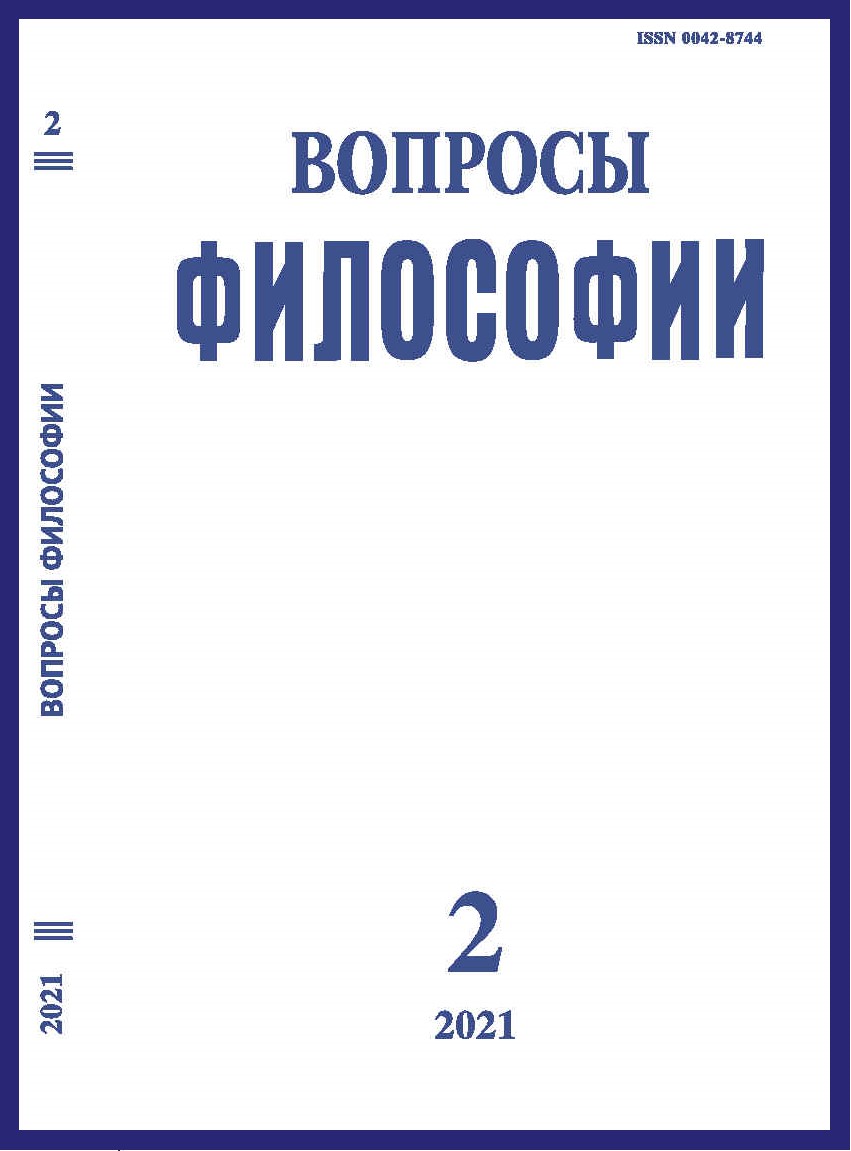Alexander von Humboldt and Science Policy
DOI:
https://doi.org/10.21146/0042-8744-2021-2-24-28Keywords:
Alexander von Humboldt, Science Policy.Abstract
In conditions of deep social differentiation, science, apparently, is not capable of internal integration. As a result, it cannot fully participate in political life as an independent and equal subject. Turning to the figure of Alexander von Humboldt, the author reconstructs a certain “workaround” of the possible influence of scientists on politics and science management. The importance of the Humboldt brothers for world science in general and Russia, in particular, can hardly be overestimated. Alexander von Humboldt was a specialist in the widest range of disciplines: astronomy, geology, mineralogy, chemistry, biology, and many others. He stood at the origins of modern geography. Today he is called the herald of globalized science. At the same time, during his journey, the first world global network of scientific research was finally completed, the famous network of geological stations, which made it possible to simultaneously record natural and climatic changes in Europe, Russia, and the United States. Today, in an age of fatal environmental change, this endeavor’s relevance has finally become common knowledge. The article proposes the idea of the possibility of a mutually beneficial “rational exchange” between science and politics, which is interpreted by the author in the systemic-communicative concept of “structural conjugation”.

